
Now that we have attracted attention with a cat... take note of our recommendations to sleep as peacefully as he does.
One more year, the much-unloved seasonal time change is just around the corner and this time it's time to turn back the clock, so on the last Sunday of October at 3:00 it will be 2:00 again. But what does this change mean for our body? The experts answer.
throughout the past year everything seemed to indicate that March 2019 was going to be the last time change which we Spaniards were going to face, Nothing could be further from the truth. After comings and goings by the European Union and the Government of Spain, in the end no clear conclusion has been reached and for the moment we will continue to modify the clock twice a year, with winter time (the last Sunday of October) and summer time (the last Sunday of March) .
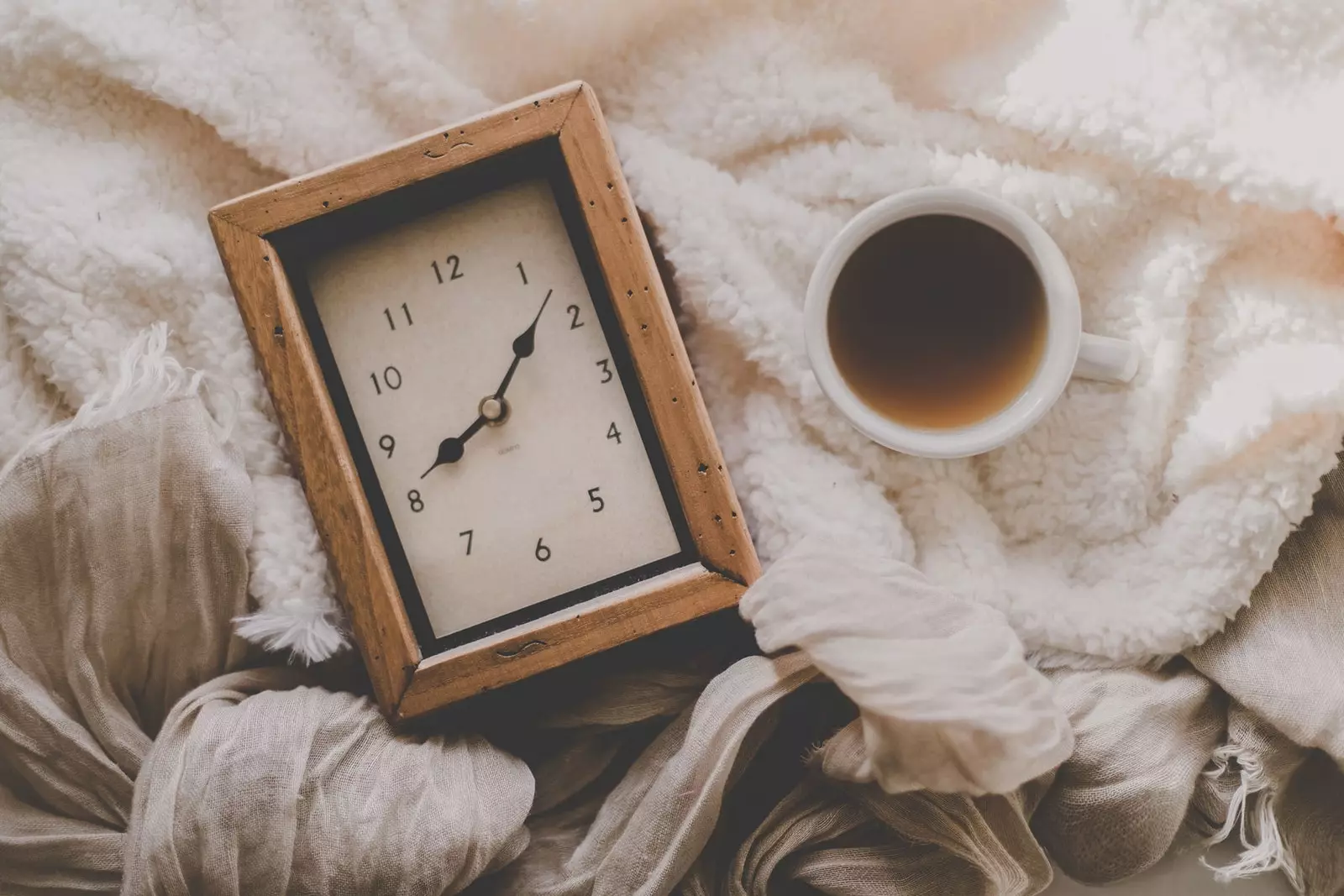
How to adapt to the time change?
So, despite the reluctance and reluctance of many people, next Sunday morning at 3:00 it will be 2:00 again, thus gaining one more hour of sleep (or revelry depending on how you look at it). But... and what happens the next morning and in the following days? Insomnia, tiredness, irritability, mood swings, or anxiety These are just some of the symptoms that we can experience. All this added to the cold days and adverse weather conditions do not help at all if we want to make it much more bearable. this time change.
But do not panic, we have proposed that this process of transition to winter affect us in the least possible way and we have consulted with two experts in the field (Institute of Sleep and Nutt-Nutritional Advice) to give us the keys on how to adapt to the time change without dying trying. Shall we start?

Leaf fall is already here
IT ALL RESIDES IN THE REGULATION OF MELATONIN, THE SLEEP HORMONE
Also known as the 'biological clock' of the human body, melatonin is the hormone that determines the circadian rhythm, that is, the physical, mental and behavioral changes that arise in our body throughout the day related mainly to light and darkness.
Melatonin is the hormone responsible for regulating sleep and its production and release in the brain is closely related when light increases or decreases. When this regulation is altered, this has an impact on our body even if we believe that it does not affect us ”, they indicate from Nutt-Nutritional Advice.
For its part, Iván Eguzquiza Solís, Behavioral Psychologist at the Sleep Institute maintains that “melatonin regulates, among others, the sleep-wake mechanisms that govern our sleep cycles, and the time change can produce small decompensations in said mechanisms”.
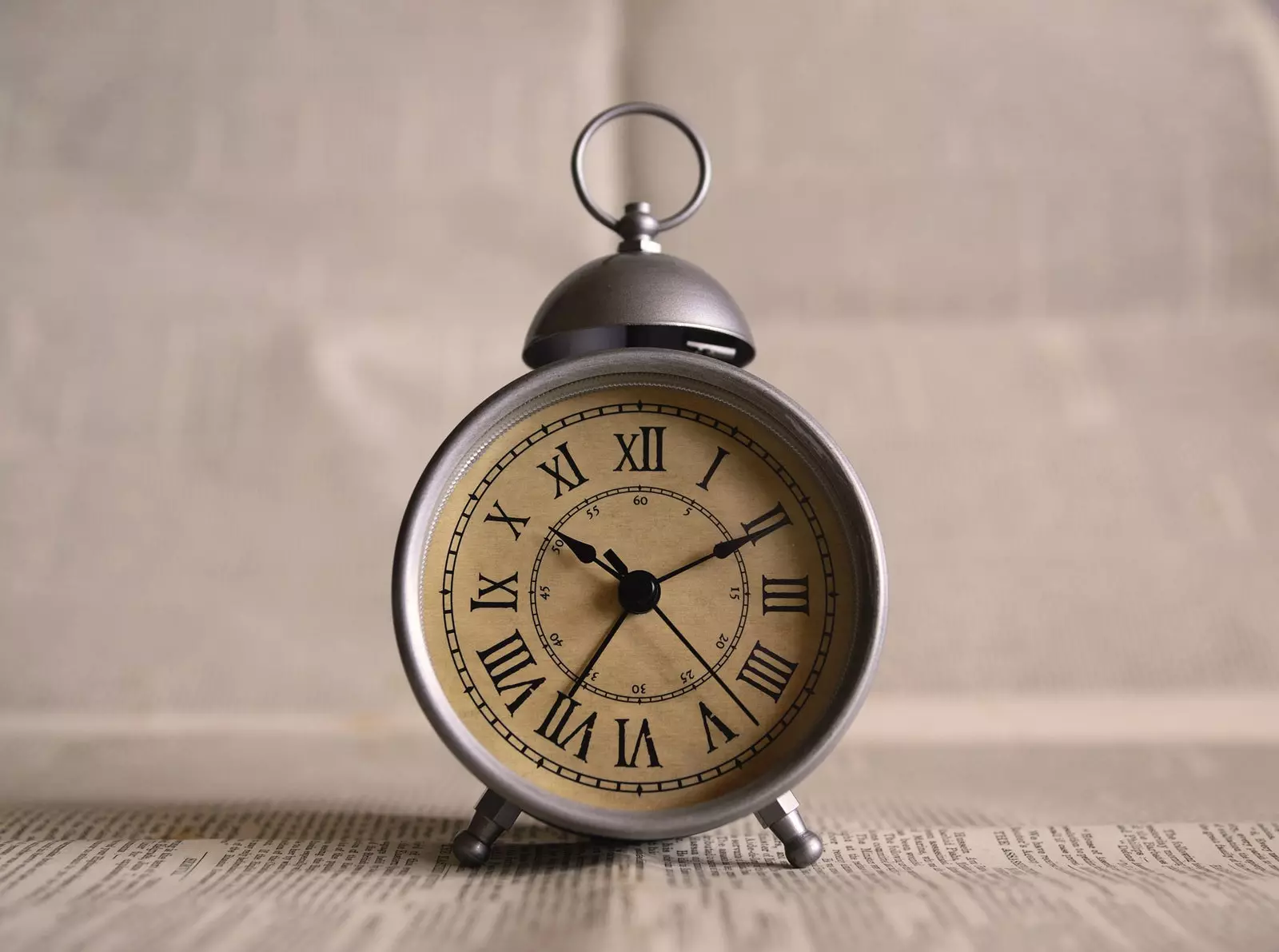
It all lies in the regulation of melatonin
Although since it is only an hour of alteration, if normally there is a correct rest cycle It should not affect us too much, nor cause us great inconvenience in the long term.
But both experts agree that it is common to suffer a series of symptoms when the new schedule becomes effective if we have not prepared our body for it.
The most common are:
-Irritability.
-Daytime tiredness.
-Difficulty getting to sleep.
- Headaches.
-Anxiety.
-Humor changes.
-Increased appetite.
-Lack of concentration.
Sound familiar to you, right?
CHILDREN AND THE ELDERLY, THE MOST AFFECTED
People who have sleep problems on a daily basis they are the most likely to suffer these physical and emotional alterations in the days after the movement of the hands of the clock.
But these are not the only ones. There are two population groups that are more conditioned than the rest and therefore are more vulnerable: the children and the elderly.
The main reason? "Because your body suffers more from changes in rest schedules. Let's say they require more constant routines and are more destabilized by time changes," he says. Iván Eguzquiza Solís, Behavioral Psychologist at the Sleep Institute.
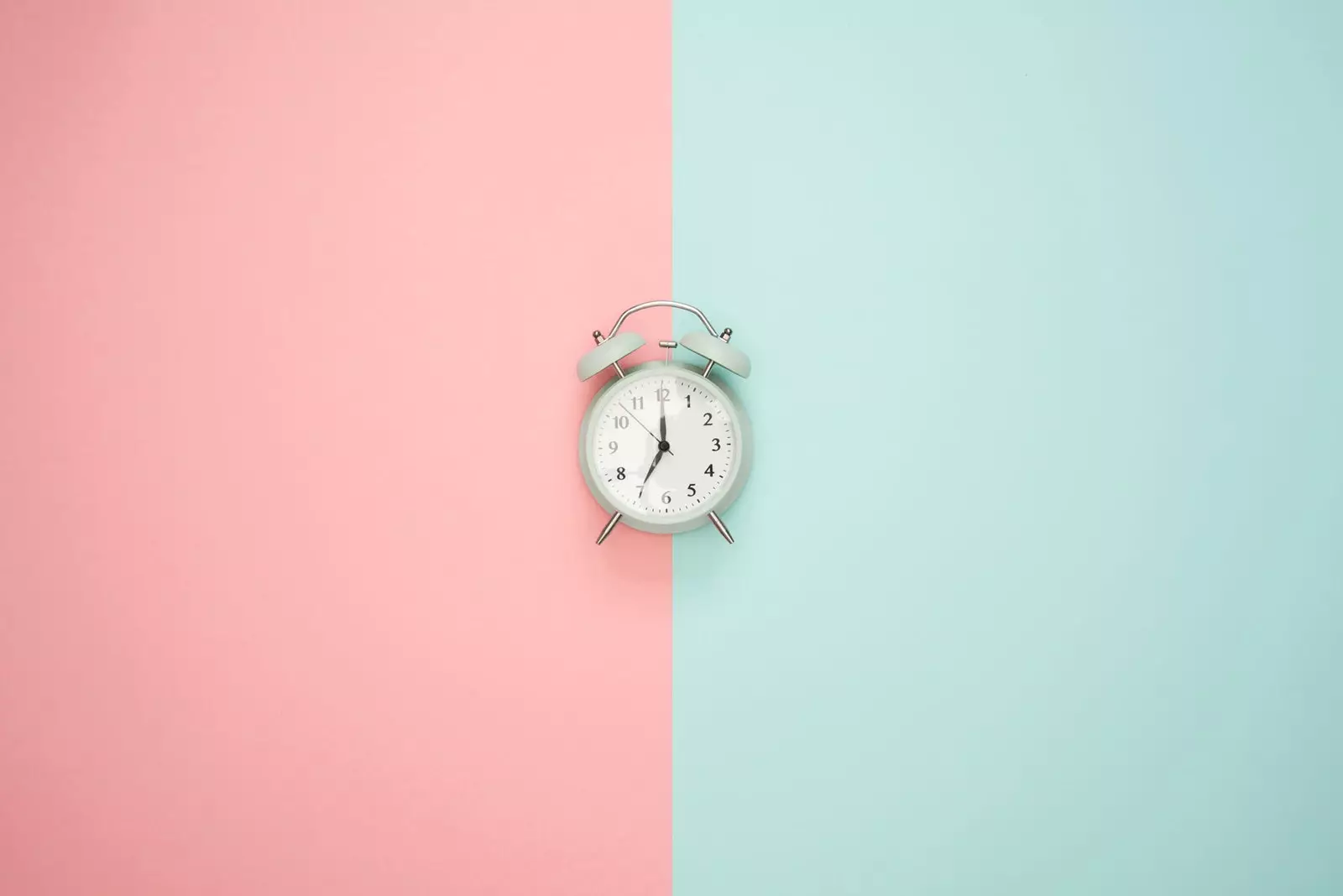
Start preparing now!
TIME TO START WORKING IN THE PREVIOUS DAYS
Although it may be thought that the adaptation tasks they must be done once the change has occurred, rather it is the opposite. If we want this transition to affect us as little as possible, we must start working on it days before that Sunday morning and also in the days after. Both from Nutt-Nutritional Council and from the Sleep Institute they indicate to Traveler.es the following guidelines or recommendations to take into account:
-Adapt the body little by little during the previous days to the new schedule, varying the hours of going to bed and getting up for a few minutes each day, is usually a good idea to minimize the repercussions on those people who usually face these seasonal time changes with difficulty.
-Exercise more to arrive more exhausted at the end of the day and being able to rest at night, although it is not recommended to practice it at the last minute because this could activate us and cause insomnia.
-Avoid naps With the intention of minimizing tiredness because it can be counterproductive, we could risk destabilizing our circadian sleep/wake cycles.
-In the days after the time change try not to worry too much about experiencing these difficulties for a couple of days, assuming it as something temporary and that should not have great repercussions.
-Avoid generating excessive concerns about change, since negative anticipatory thoughts could generate nervousness that would make it difficult for us to sleep, even much more than the time change itself, since anxiety eliminates drowsiness.
-Do not change our daily food routine.

Choose vegetables and fruits as the basis of your diet
-Eat a healthy diet:
- Choose the vegetables and fruits as the basis of your diet.
- Complement with a protein part: poultry, fish, eggs, legumes...
- Eat a part of complex carbohydrates (integral) and of course do not forget the fats, but always the 'good' ones (extra virgin olive oil, avocado, nuts...)
-Choose light dinners but without overdoing it since you could wake up at night hungry and it can be worse. Nor opt for copious dinners because it may cost you more to fall asleep. Virtue is always in the middle.
-Avoid alcohol Although it seems that it will be a sleep inducer, it is very likely that it will wake you up at night generating insomnia.
-Say goodbye to very strong spices before going to sleep (at least for a few days) because they make us secrete more gastric juices and this could alter our rest. Coffee, tea, and caffeinated soft drinks are also discouraged.
-Especially these days, it is advisable to include in our diet, dairy products, nuts, fish and whole grains since they are an important source of tryptophan, an essential amino acid that helps melatonin secretion and thus helps us to fall asleep better.

Do not change your daily food routine
WILL THE TIME CHANGE ONE DAY DISAPPEAR?
In August 2018 the topic was put on the table again: Should we continue to change the time twice a year in the European Union? It was the European Commission that gave the starting signal when in July of that same year opened a consultation at European level to find out the opinion of citizens.
The results were the most significant most EU countries wanted to abolish seasonal change. From that moment on, a debate began in Brussels on this measure, which Everything seems to indicate that until 2020 it will not be resolved. The European Parliament and the Member States must position themselves for or against, because after all they are the ones who have the last word.
Regarding the case of Spain, for the moment we will continue as we are: changing the time twice a year, once in March and once in October. Last March 2019, the Government explained that no variation is proposed after seeing the results of a report commissioned from the commission of experts on whether it is advisable to keep the same time all year round or not. so here we are, another year turning back the clock an hour on Sunday morning. But is this really necessary?
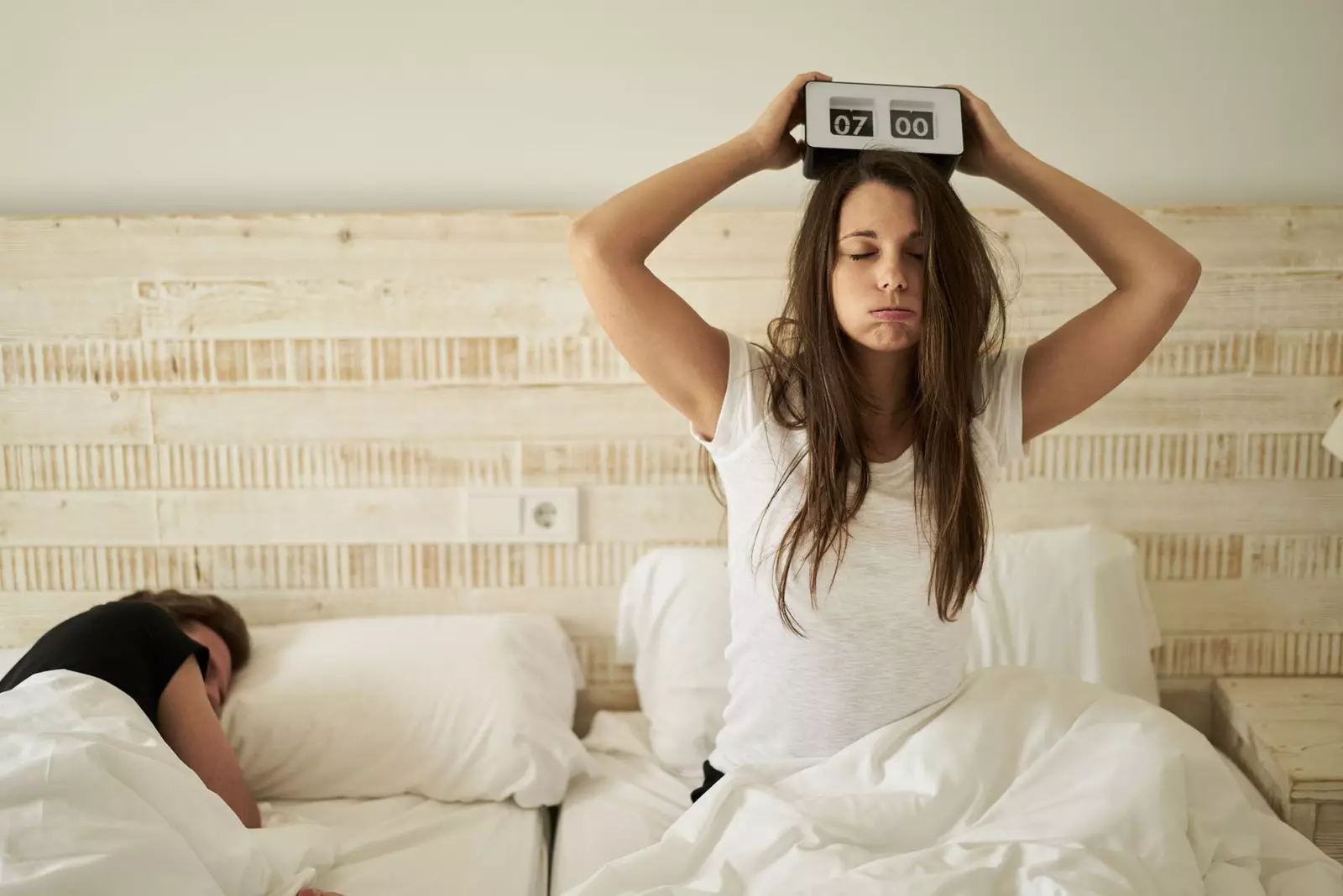
Damn alarm!
From Nutt-Nutritional Council they have it clear: “We are against it because of all the disadvantages that come with it. from biological imbalances, higher energy consumption in the works and damage to the environment. We must continue with the rhythms as nature sends them”.
For your part Iván Eguzquiza Solís, Behavioral Psychologist at the Sleep Institute suggests that "it is argued that the time changes are based on an energy saving measure, but There are different studies that deny such savings. Yes, it could make a little more sense physiologically speaking, keep winter time, as it would facilitate an earlier sunrise with exposure to sunlight early in the morning and not having sunlight hit the eyes as much until too late in the summer, with the effects this has on slowing melatonin secretion.” And you, are you for or against?
In the absence of a change that is not going to arrive imminently, you already know that next Sunday we will not be able to prevent the cold from settling in your city, that it gets dark a little earlier or that this jet lag occurs, but at least if you follow these tips you will be able to start the week with the energy that corresponds to each Monday, neither more nor less.
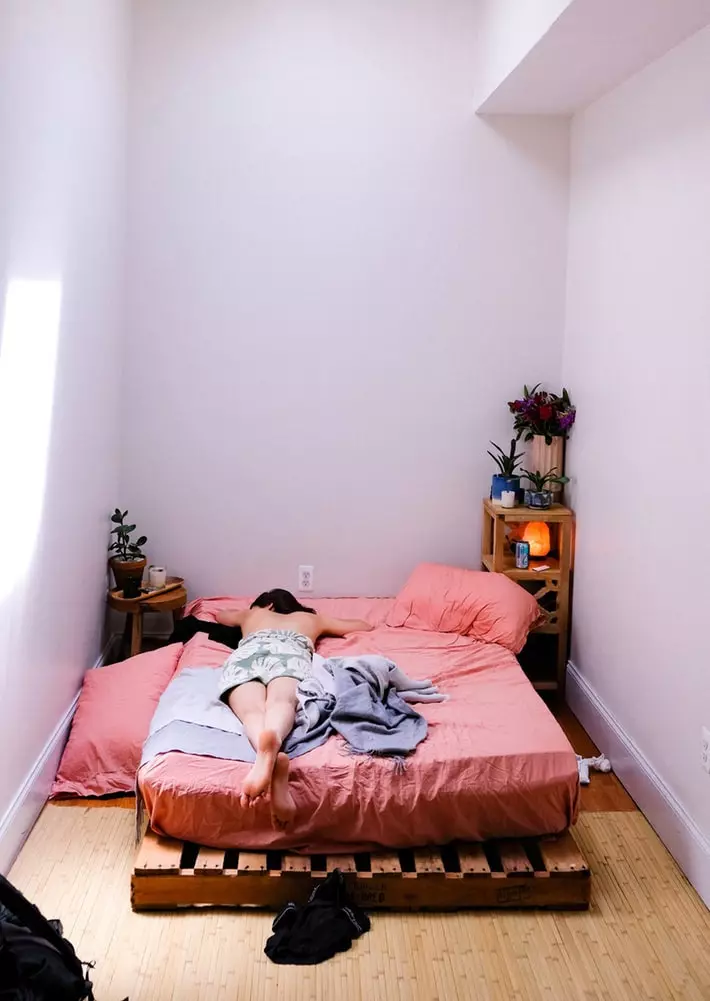
A good nap, but without letting it get out of hand!
